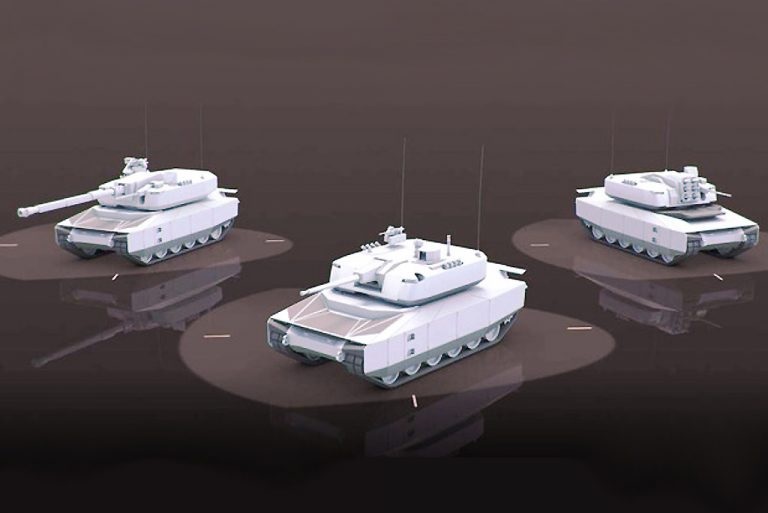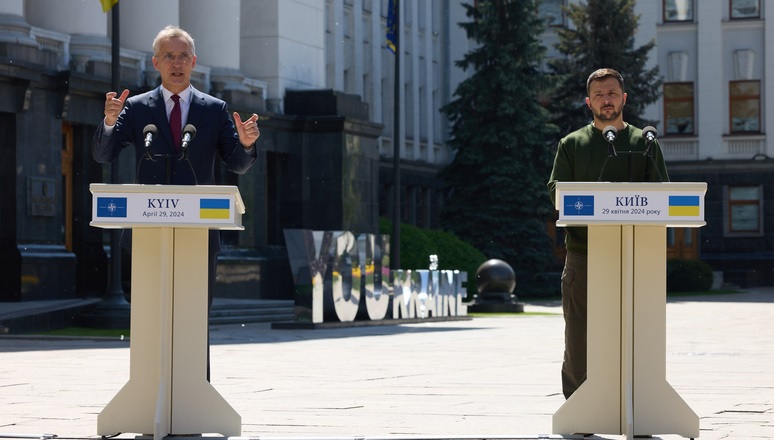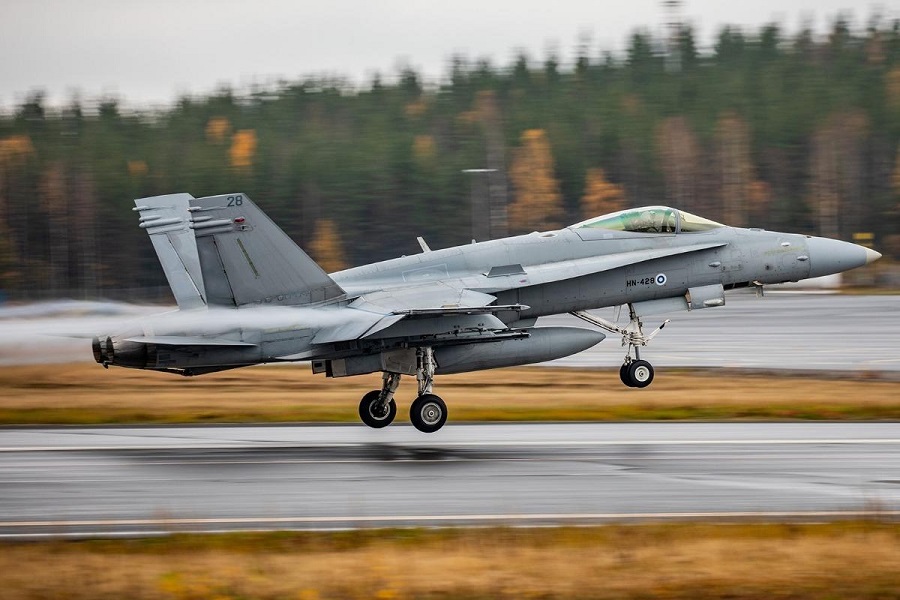Since the outbreak of the war in Ukraine, this country has been asking Israel for defense systems, such as Iron Dome and David’s Sling.\Israel refused, explaining that such help will harm the understanding between Jerusalem and Moscow that enables Israel to act freely against Iranian-related targets in Syria.
There is a “Red Line” between Tel Aviv and Moscow that enables Israel to notify the Russians about planned attacks on Iranian-related targets in Syria to avoid harming Russian forces in this country.
But in recent months, this concept has been eroded. Israeli sources said that Russia has teamed with Iran, a country that is initiating terror around the world and galloping towards military nuclear capability that is a threat not only to Israel but also to Europe.
The issue is now again in focus, but at this point, there is no change in the Israeli policy.
In a paper written by Gregory Poroskoun and Yaron Gamburg, two senior researchers from the Israeli Institute for National Security Studies (INSS), the two point out that since the outbreak of the war in Gaza, the question of a possible change in Israel’s position on the Russia/Ukraine issue has remained highly relevant.
“At the current time, it may seem that Israel is missing the optimal momentum to change course and take a more openly pro-Ukraine position.”
“Regarding Ukraine, Kyiv has voiced nothing but political and public support for Israel since the war began. Yet there have been fewer pro-Israel voices heard of late, because of the increasingly difficult nature of the fighting against Russia, increased uncertainty over the continued supply of arms and ammunition from the United States, and domestic political disputes. Moreover, a planned visit by Ukrainian President Volodymyr Zelenskyy to Israel did not occur.”
The researchers write that against this backdrop, one could ostensibly argue that the most apt moment to recalibrate Israel’s position on the Russia-Ukraine war has already passed, and now the “business as usual” approach has been restored in both countries.
“Having said that, there are two additional factors that must be considered in this equation: the United States and Russian strategy on the international stage.”
The two senior researchers say that advocates of an Israeli policy of appeasement toward Russia – and currently, this is the leading policy – argue that the risks involved in adopting a tougher stance against Russia outweigh any possible advantages. They explain that Russia’s ability to inflict harm – on the international and diplomatic stage, in the context of Iran, on the Syrian front, and in terms of personal security for Jews (and Israelis) in Russia – is so great that a policy of extreme caution must be adopted. These arguments were repeated in the aftermath of October 7, and they continue to dictate Israeli policy to this day.
“The fact is, however, that something has changed since the outbreak of the war in Gaza. While Israel has not altered its policy, Russia has increased pressure on Israel in international forums, cynically accusing the IDF of atrocities in the Gaza Strip but not condemning Hamas in any way. Russia has also tightened its coordination with Iran, and is doing nothing to prevent Shiite militias in Syria from attacking Israel – despite the major influence that Russian forces have in Syria and despite its stated desire to prevent escalation.”
According to the researchers, since 2022, Russia has viewed its foreign and defense policy exclusively through the prism of the war in Ukraine, while all of Israel’s key partners have taken a clear position on that conflict. Israel, therefore, must formulate its policy accordingly.
“A clear policy on the Ukraine issue could send the West a message of unity and common security interests and could be leveraged to harm Russian interests (combined with coherent policies regarding other areas of friction). There is a wide variety of options available between the current situation of neutrality and all-out Israeli assistance to Ukraine (including the supply of offensive weapons). The level and pace of the change can be regulated in accordance with how Russia continues to relate to Israel.”



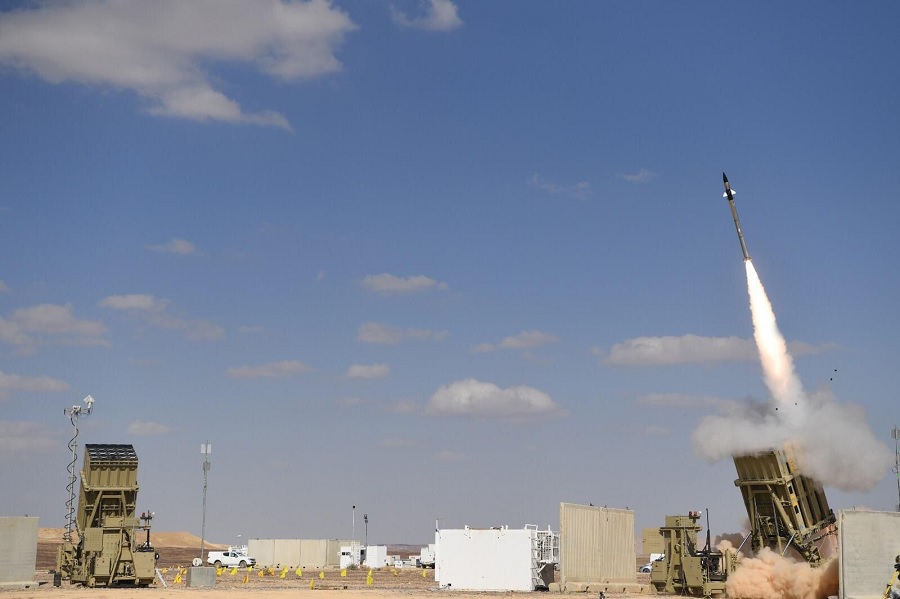


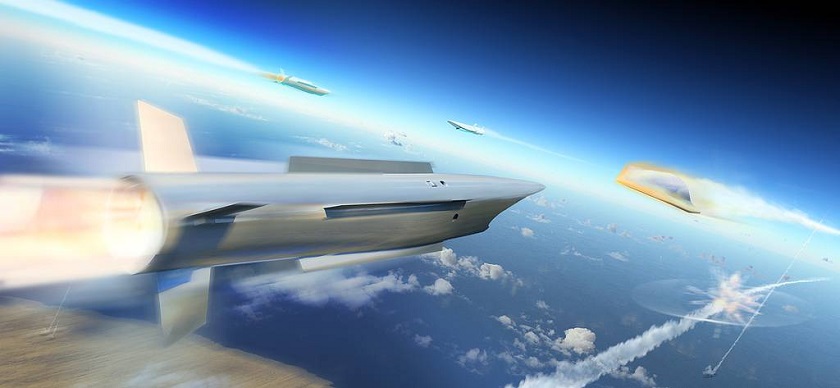
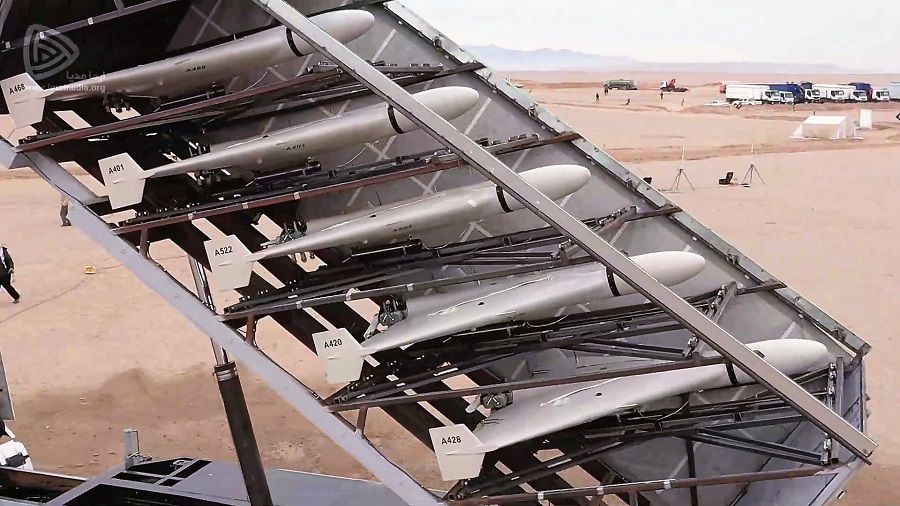

![Mobilising artillery – developments, challenges and the Russo-Ukrainian war [LONG READ]](https://defence-industry.eu/wp-content/uploads/2023/08/European-Union-supports-Ukraine-with-substantial-artillery-ammunition-deliveries.jpg)











